
According to an analysis by Goldman Sachs, investments in Artificial Intelligence (AI) could reach $200 billion globally by 2025. In the long run, AI investment could be as much as 2.5-4% of GDP in the United States. Defense and security investments in AI will be a large part of that seismic shift. Legacy defense contractors and upstart startups alike are poised to reap the rewards AI promises.
This article will profile some of the companies most interested in incorporating AI into defense and security products.
Why This Matters
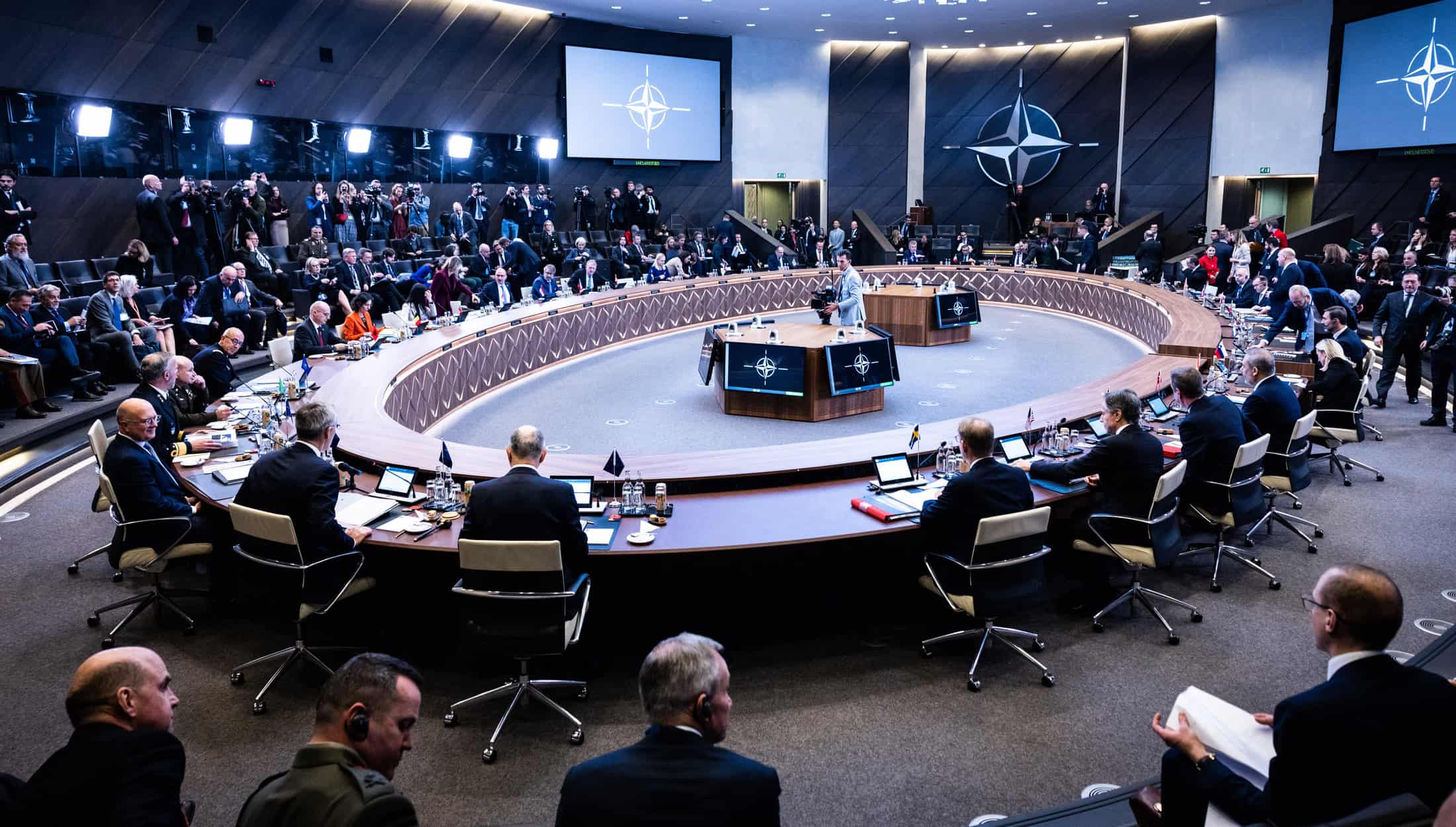
AI in defense and security presents a moral quandary without easy answers. Using AI in combat is risky but not developing that capability is more dangerous still. AI holds great promise for a commander, a way to cut through the fog of war to make decisive real-time decisions and seize fleeting tactical opportunities. Moreover, AI could greatly enhance the efficiency of and reduce the human labor needed for security and surveillance devices. Understanding the companies behind this push toward battlefield and security autonomy is important for making informed decisions in the future.
Lockheed Martin
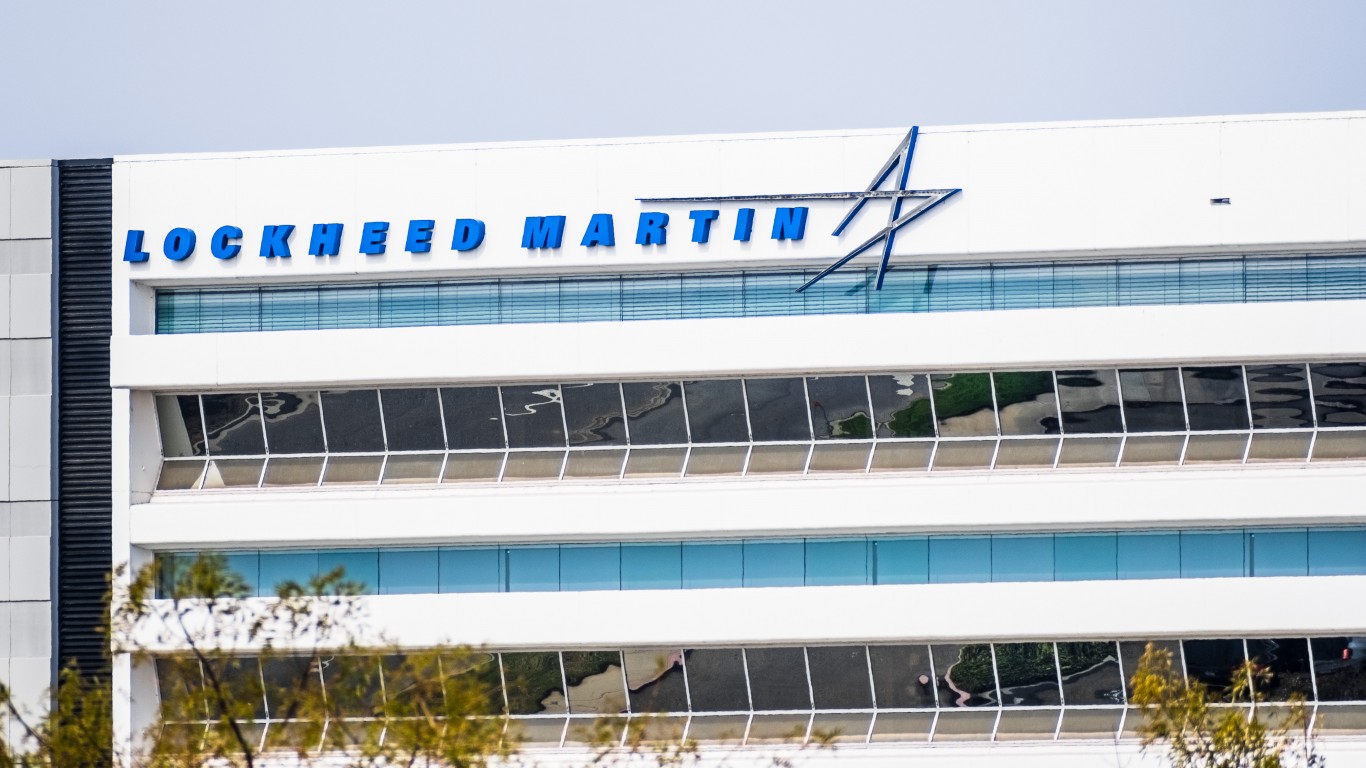
The biggest defense contractor in the United States, Lockheed Martin has a diverse portfolio of products and services. Lockheed Martin’s most lucrative contracts are in aircraft production but the company also has considerable interest in AI and machine learning.
The VISTA (Variable In-flight Simulation Test Aircraft) X-62A is an AI-piloted training aircraft modeled after the F-16. In May 2024, Air Force Secretary, Frank Kendall, took a historic ride in the X-62A. Piloted entirely by AI, the jet conducted a series of maneuvers against a human-controlled F-16. The X-62A is a key part of the US Air Force’s goal of having 1,000 unmanned jets in service, with the first taking to the skies by 2028.
Northrop Grumman
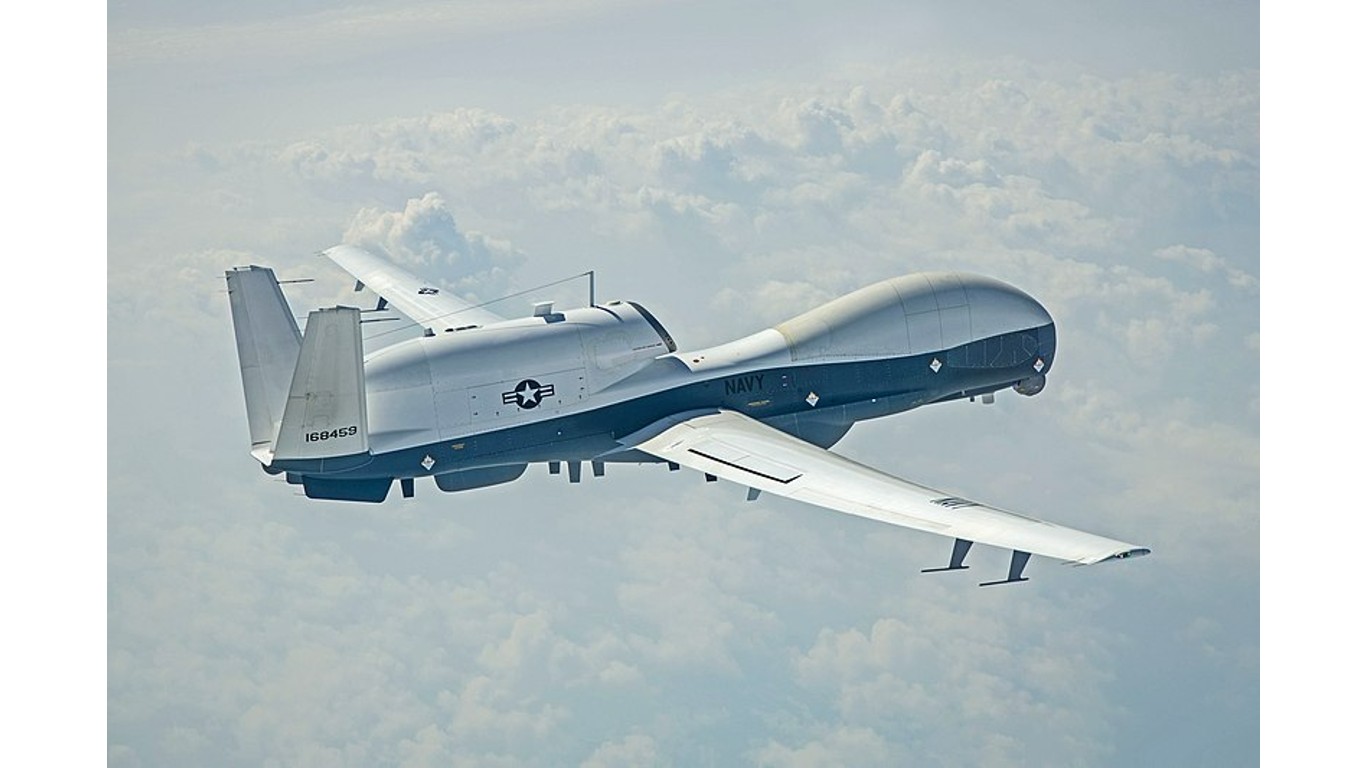
Northrop Grumman was formed in 1994 when Northrop Corporation purchased Grumman Corporation. The company specializes in manned and unmanned aircraft, missile defense, navigation, radar, and space. Grumman Corporation designed and built the lunar module used in the Apollo 11 mission. Northrop built the B-2 Spirit, perhaps ironically the most prominent stealth bomber in service today, and is working on its successor, the B-21 Raider. The company also works on autonomous systems like the Global Hawk and MQ-4C Triton. Northrop Grumman is a key partner in the Department of Defense’s JADC2 (Joint All-Domain Command & Control) strategy.
Booz Allen Hamilton

Formed in 1914, Booz Allen Hamilton is a consultancy firm specializing in AI, cybersecurity, and intelligence. It is the largest provider of AI for the Federal Government. The company has worked closely with the NSA since the 1990s and has been previously described as “the world’s most profitable spy agency.” Defense forms an important part of Booz Allen Hamilton’s business, the company has contracts with every military branch. Since it went public in 2010, the company enjoyed its most profitable fiscal year in 2024.
RTX
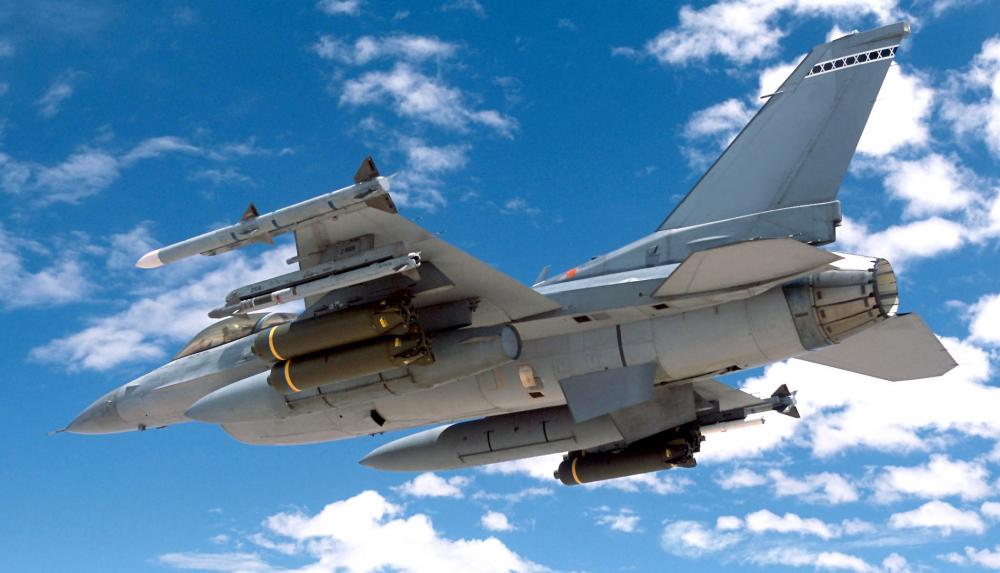
RTX is another legacy defense contractor with major interests in AI. Its most lucrative defense contracts include aircraft engines, air defenses, drones, guided missiles, and hypersonics. Its chief subsidiaries are Pratt and Whitney, Collins Aerospace, and Raytheon (the company’s former names). Pratt and Whitney makes engines for the F-35 Lightning II, Collins produces advanced components, and Raytheon creates air defenses, guided missiles, and drones. It is the subsidiary most vested in AI.
Raytheon is part of DARPA’s ITM (in the moment) program which is intended to develop algorithms to support decision-making in high-pressure situations. In 2023, Raytheon won a contract to develop AI supporting the ITM initiative. Because combat and disasters are complex, stressful, and time-sensitive the use of AI could better inform decisions made in those crucial moments.
L3 Harris Technologies
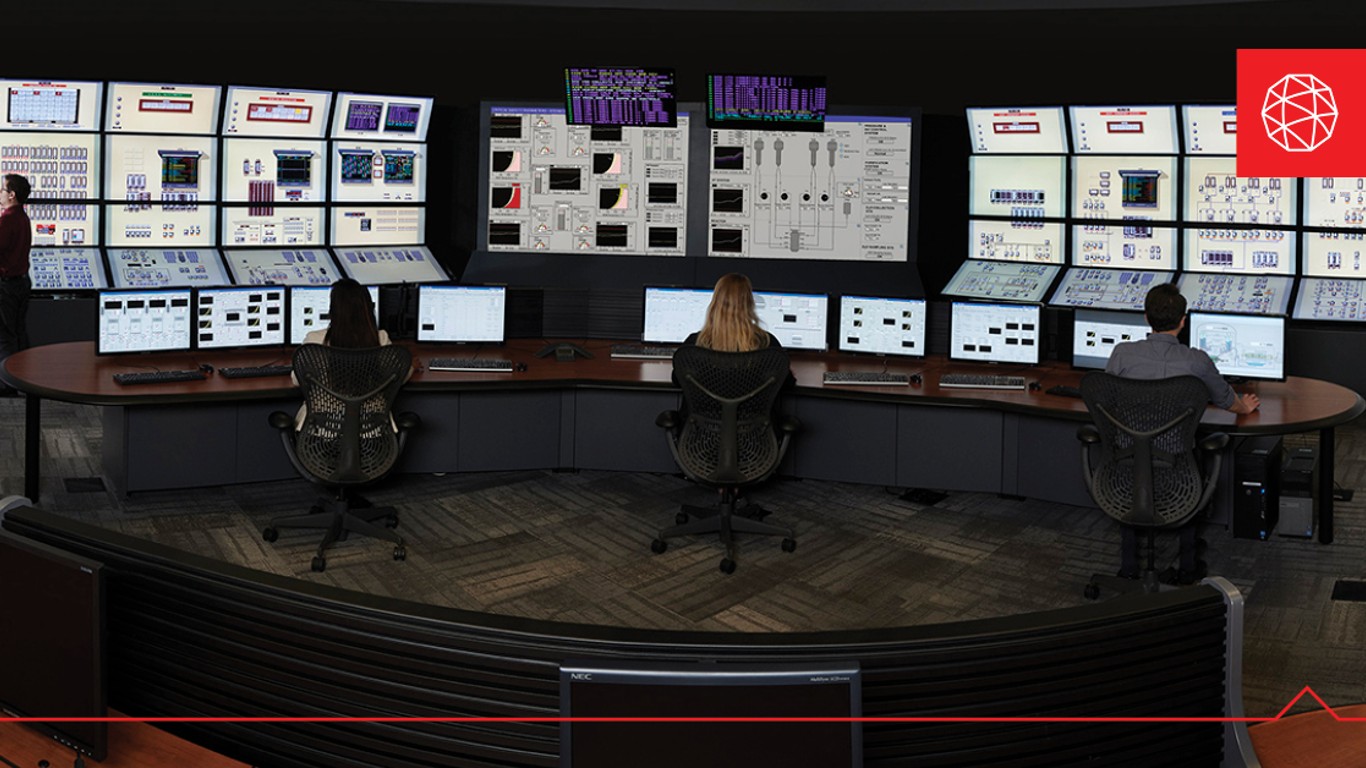
L3 Harris Technologies was formed by a merger between L3 and the Harris Corporation in 2019. The company focuses on military technology in communications equipment, electronics, and missile detection systems. In 2020, the Department of Defense selected the L3 Harris to develop AI and machine learning systems. Because airborne and orbital assets collect so much data, AI is needed to decipher useable intelligence. L3 Harris signed a $6 billion deal to modernize the US Army’s tactical radios in April 2022. In early 2024, the company won a $919 million contract to deliver and operate satellites for missile-tracking.
Thales

Thales is a French multinational formed in 2000 as part of a rebrand from Thomson-CSF. The company is part-owned (26.06%) by the French state with defense just over half of its revenue. Thales specializes in communications, mission systems, and sensors. The company signed a major contract with the US Army in 2022 worth up to $6 billion to deliver advanced tactical radios. The British Armed Forces are another major customer, Thales won a $2.4 billion contract with the Royal Navy in 2024. Thales is a major parts supplier (25%) for the Dassault Rafale, a multi-role fighter used by Egypt, France, India, and Qatar. Indonesia and the UAE also have outstanding orders for the aircraft.
In March 2024, Thales announced the creation of cortAIx, an AI accelerator, to integrate and enhance the company’s AI capabilities in research, sensors, and systems. For example, the Talios Pod is used for reconnaissance and targeting on the Dassault Rafale.
Anduril

Anduril has shown that a young startup can beat more established names to lucrative defense contracts. Anduril’s main areas of interest are software, border and base security, and unmanned air and underwater vehicles. The Air Force selected Anduril and General Atomics to develop the next phase of its Collaborative Combat Aircraft (CCA) program. The idea is to have an autonomous unmanned aircraft to fly combat support missions. Initially, CCA will carry extra munitions for the F-22 and F-35, and then the upcoming sixth generation of fighters. The next stage, Increment 2, will carry out more complex operations. The program will spend up to $9 billion and build at least 1000 CCAs by 2029.
All of Anduril’s products use Lattice, the company’s AI-powered operating system. Lattice synthesizes information from sensors and data sources to allow commanders on the ground to make informed decisions. With serious financial backing, the company is one of the fastest-growing names in defense and security today. As the complexity of modern warfare moves beyond human comprehension, Anduril seeks to provide the means to lift the fog of war.
Shield AI
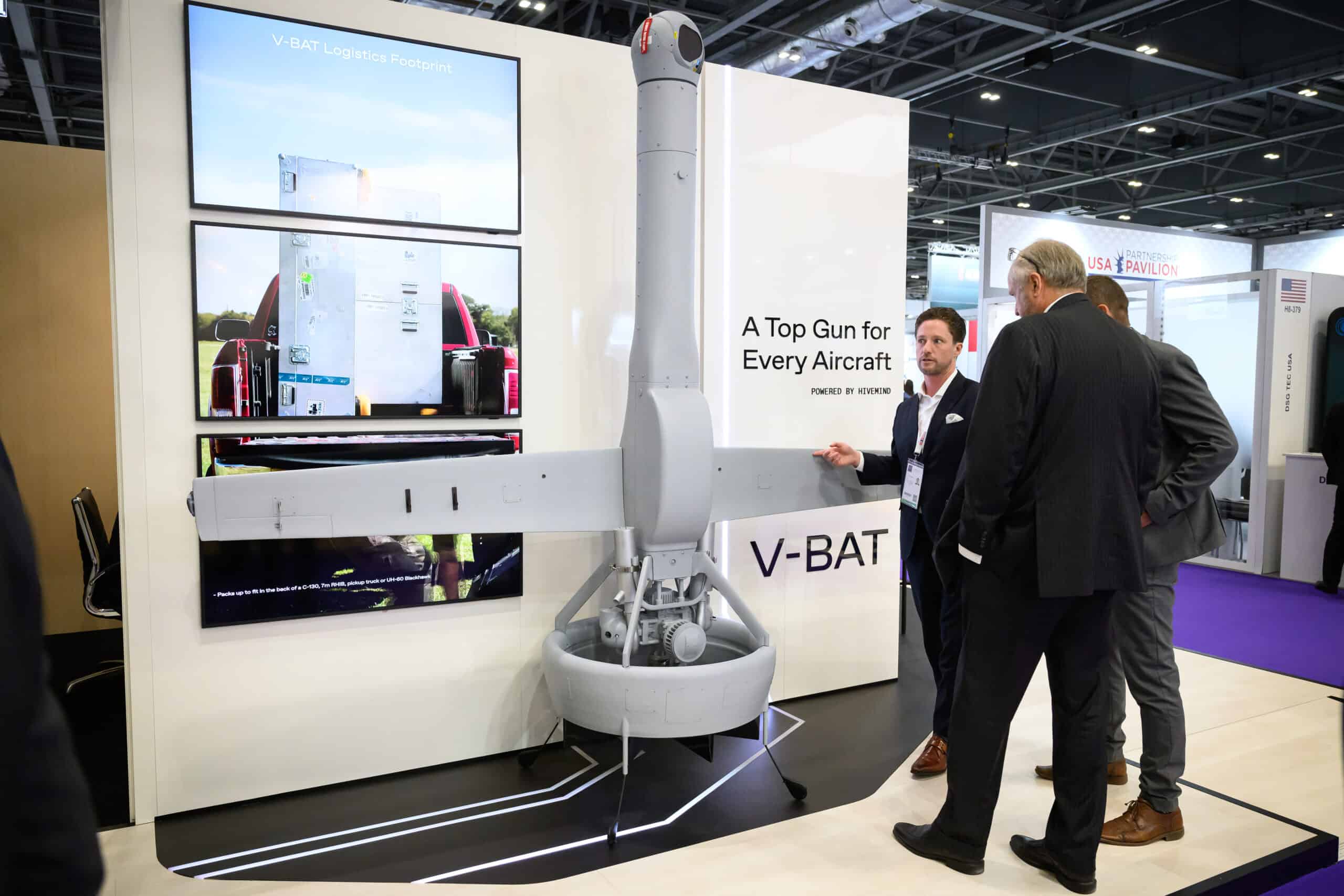
As Shield AI’s co-founder Brandon Tseng put it, “China’s military is Netflix; the U.S. military is Blockbuster.” The company seeks to redress this with its AI software, Hivemind. Hivemind is an AI pilot that can autonomously operate aircraft on missions ranging from room clearing with drones to dogfighting with F-16s. As well as the Department of Defense, the company also has contracts with the Department of Homeland Security.
ZeroEyes
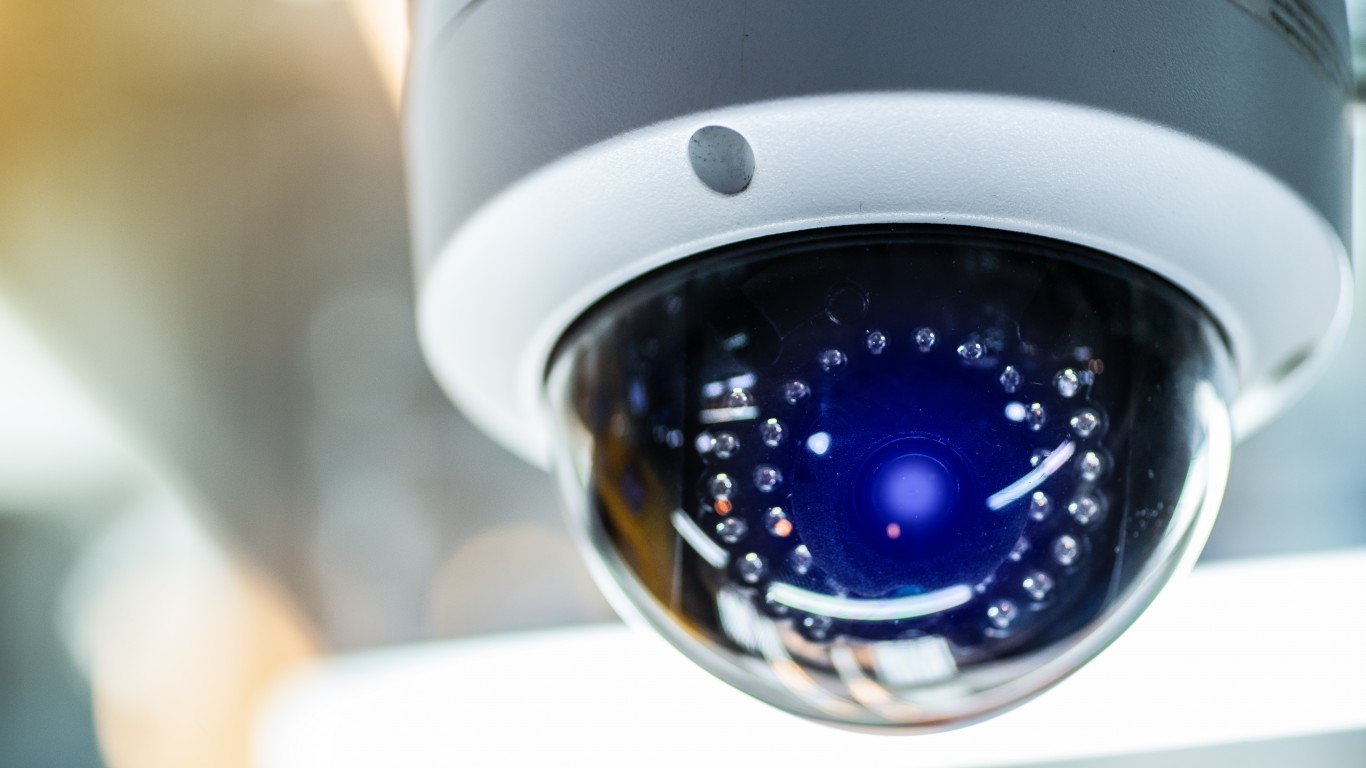
ZeroEyes is a startup based in Pennsylvania that specializes in weapons detection. The company uses AI to scan images from security cameras for potential threats. If the system detects a suspicious device, it will alert human operators at the company’s headquarters. ZeroEyes is the only security company to hold SAFETY Act designation from the Department of Defense. Because of this, the company’s software has been installed in several school districts nationwide.
Conclusion
The companies profiled here are by no means an exhaustive list. Rather, they are a blend of legacy contractors and startups interested in developing AI capabilities for defense and security. There is great promise in what AI can offer but equally, enormous risk. It is not a question of whether or not AI will have an impact on defense but of its extent.
Will AI ever be used to take a life? The Department of Defense insists it will never allow a machine to make that decision. Of course, that’s an easy idea to have during peacetime. Perhaps the only thing more dangerous than developing an AI system to kill without a moment’s hesitation is not developing one.
Want to Retire Early? Start Here (Sponsor)
Want retirement to come a few years earlier than you’d planned? Or are you ready to retire now, but want an extra set of eyes on your finances?
Now you can speak with up to 3 financial experts in your area for FREE. By simply clicking here you can begin to match with financial professionals who can help you build your plan to retire early. And the best part? The first conversation with them is free.
Click here to match with up to 3 financial pros who would be excited to help you make financial decisions.
Thank you for reading! Have some feedback for us?
Contact the 24/7 Wall St. editorial team.



